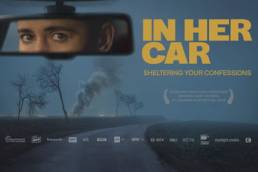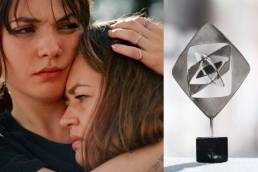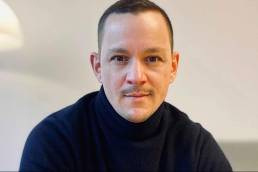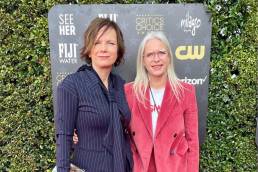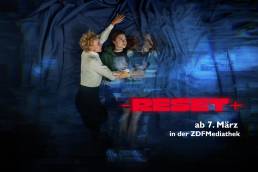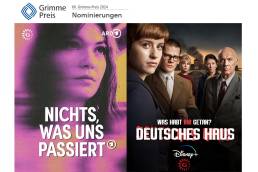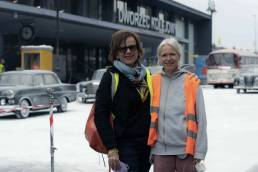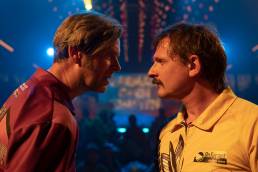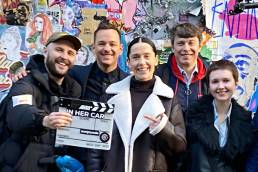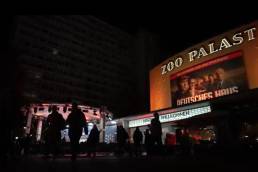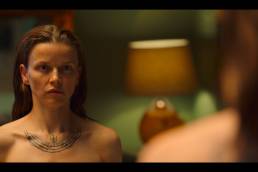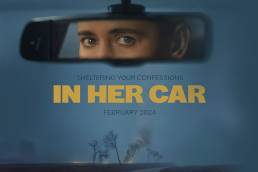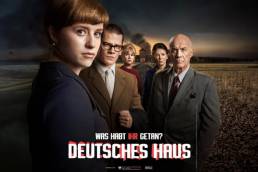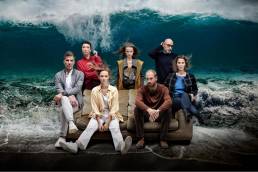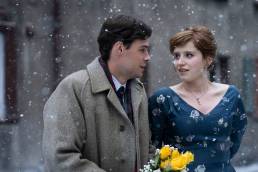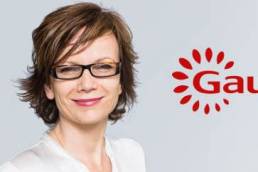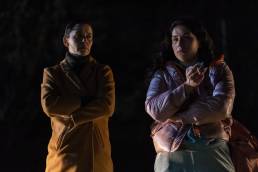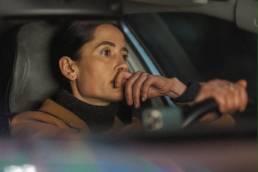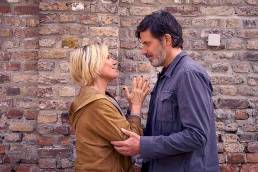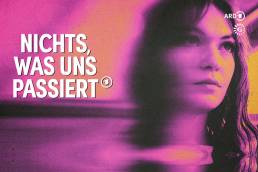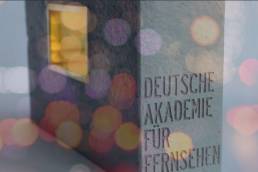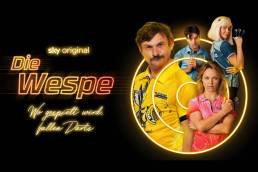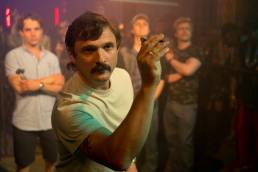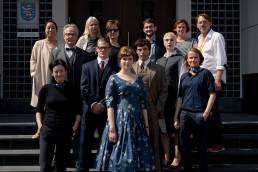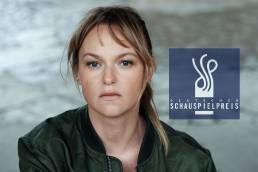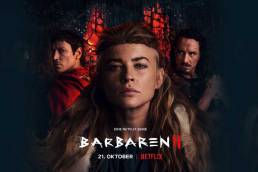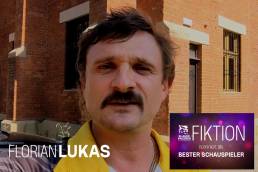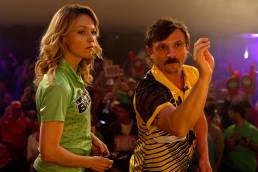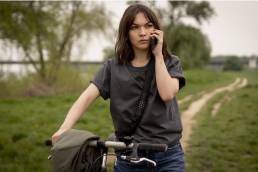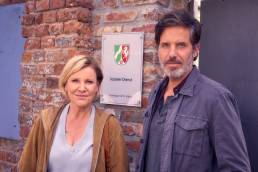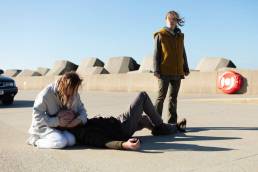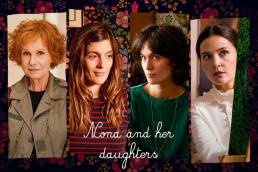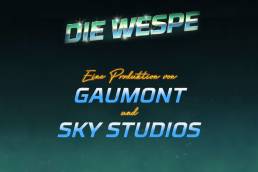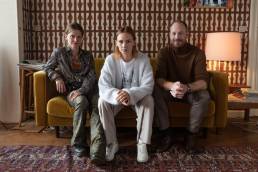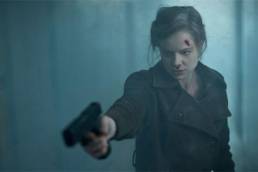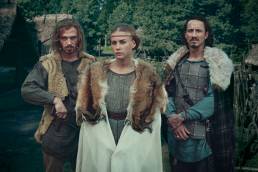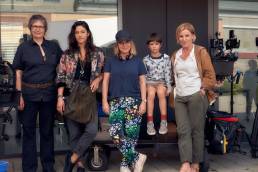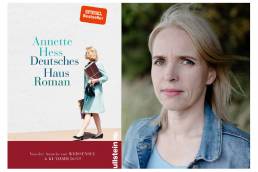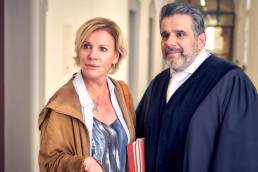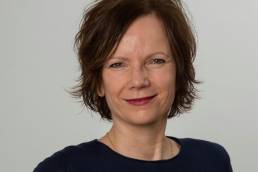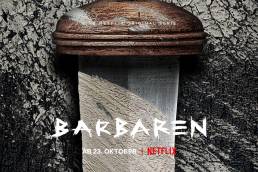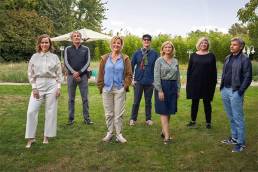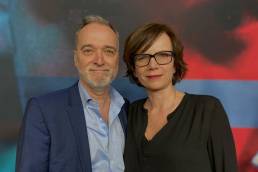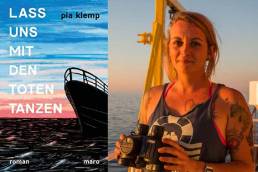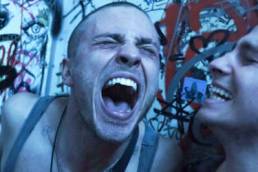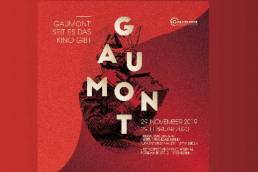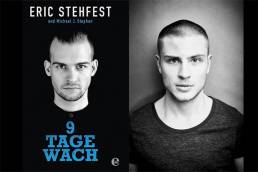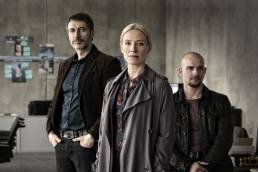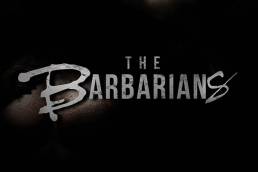The Hollywood Reporter: Critics Choice Awards ‘The Interpreter of Silence’ Retells the Story of the Holocaust for a Younger Generation
The Hollywood Reporter / Scott Roxborough, 12. Jan. 2024
The German drama, available on Hulu in the U.S., is nominated for a 2024 Critics Choice Award as best foreign-language TV series.
It’s a story — the attempted genocide of Europe’s Jews by the Nazis and their willing executioners — that has been told many times before. But, say the creators of the new German TV drama The Interpreter of Silence, it’s a story that needs to be told again and again.
The five-part limited series, which bowed on Hulu in the U.S. and on Disney+ worldwide Nov. 15, is up for this year’s Critics Choice Awards in the best foreign-language TV series category. The period drama will go up against the South Korean series Bargain, The Glory, Mask Girl and Moving, the French crime series Lupin, and the Italian mafia drama The Good Mothers.
Gaumont Deutschland Geschäftsführerin und „Deutsches Haus“ Produzentin Sabine de Mardt (links) und Autorin und Showrunnerin Annette Hess.
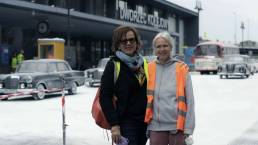
Set in Frankfurt in 1963, The Interpreter of Silence follows the events of Eva Bruhns, a 24-year-old German woman, played by Katharina Stark, who gets a job as a Polish-to-German interpreter in the Auschwitz trials, the first prosecution of former SS officers and Nazi functionaries to take place in post-war Germany. The first trial of Germans by Germans for the crimes of the Holocaust. Annette Hess wrote and was showrunner on the series, adapting her own 2018 best-selling novel The German House. Sabine de Mardt (Netflix’s Barbarians) executive produced.
Hess has a direct familial connection to the crimes of the Holocaust — “my grandfather was a police officer in occupied Poland, so one of the perpetrators” — but she says she first became aware of the true scale and horror of the Nazi genocide when she watched Stanley Kramer’s 1961 Oscar-winning drama Judgment at Nuremberg.
“That’s really when I first learned about the Holocaust, and since then the topic has obsessed me,” says Hess. “As a writer, as an artist, I’ve always tried to engage with it. This idea: To never forget, has been burned into me.” When the original recordings of the 1963 Auschwitz trials were made public 10 years ago, Hess dove into them. “I listened to them all, all 400 hours worth,” she says, “and I was stunned. I thought I pretty much knew everything about Auschwitz but this revealed the true horror, the 24-hour hell of the camps.” While listening, Hess was struck by the voice of a Polish translator who was interpreting the testimony of witnesses and survivors at the trial.
She really impressed me, she spoke so calmly and clearly, she seemed to give the victims the space, the confidence to speak,” says Hess.
Hess had the idea to combine the story of this unknown translator with that of her own family, which like most of German society in the post-war era, tried to bury and forget the recent past. The result was The German House.
Eva Bruhns, the protagonist of the book and the series adaptation, is an amalgamation of that translator and Hess’ own mother. In the series, Eva lives with her parents, Ludwig (Hans-Jochen Wagner) and Edith Bruhns (Anke Engelke), who run the restaurant Deutsches Haus (German House) and who have a connection to Auschwitz they never discuss. When we first meet Eva, she’s young and carefree, about to get engaged to Jürgen Schoormann (Thomas Prenn), the heir to a wealthy mail-order company, and blissfully ignorant of the crimes of her country’s recent past. She hasn’t even heard the name Auschwitz before. But the trial forces Bruhns to break the silence and confront her national and familial history.
“We wanted to tell this story in a way that modern audiences could identify with it, and we can identify with Eva, with this spirit of the 1960s, which seems very close to us,” says de Mardt. “We see her within the context of a modern life, a life of parties, excitement and personal problems, and who is deeply naive. We the audience, learn about the Holocaust along with her. This confrontation between ordinary life and history is the core of the story.”
… read the full ariticle here:
Critics Choice Awards: ‘The Interpreter of Silence’ Retells the Story of the Holocaust for a Younger Generation

